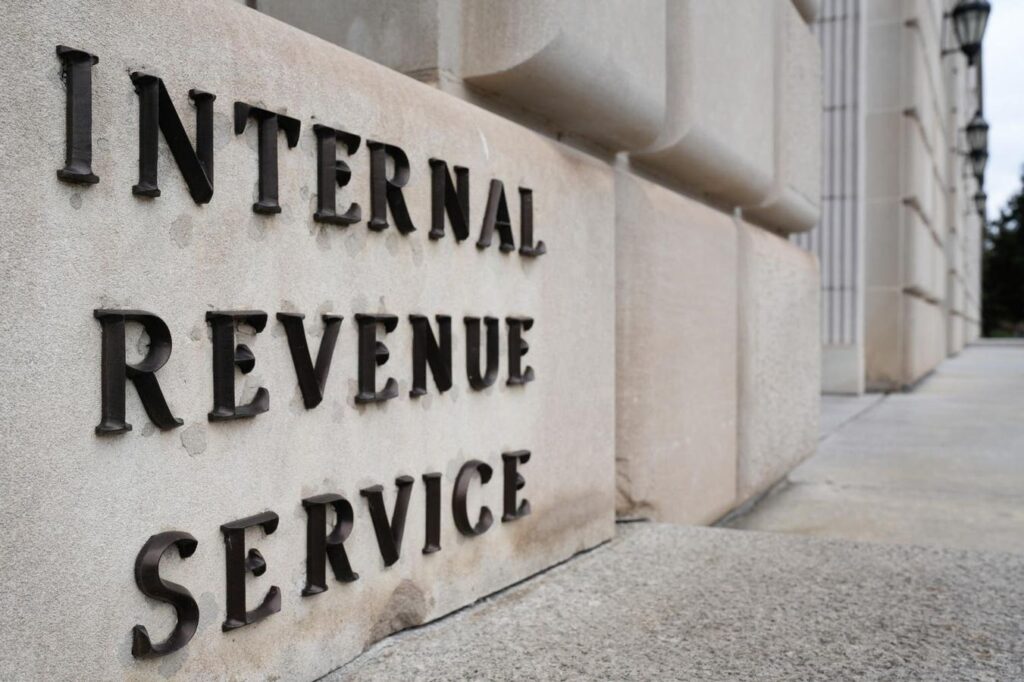The IRS has released an Office of Chief Counsel Advice memorandum concerning frozen digital asset rewards. In particular, the issue was about the year of inclusion of such rewards when the account is later frozen.
In the memo, the facts were described as follows. The taxpayer received rewards related to staking (and other activities). The rewards were placed in the taxpayer’s account at a Digital Asset Platform (the “Platform”). For context, “staking” typically refers to when you earn rewards (often in the form of additional digital currency) for basically allowing the blockchain to use your digital asset. Staking is often analogized to depositing (and locking-in) your funds in a bank account, in which the bank then uses and pays you interest in return.
As noted by the IRS, under the user agreement, the rewards were periodically deposited to the taxpayer’s account (following any applicable lockup or waiting period). After the rewards were credited to the taxpayer’s account, the taxpayer could sell, exchange, or transfer the rewards. The user agreement also provided that once the rewards were deposited, they were the property of the taxpayer.
In the same year the staking rewards were deposited, though, the Platform froze the account and filed a bankruptcy petition (Chapter 11). Given the account was frozen, the taxpayer was not able to sell, exchange, or transfer any of the digital assets in his or her account (including the staking rewards) from the date the account was frozen to the end of the year (December 31).
The issue, then, was what is the proper year of inclusion for the staking rewards, given the account was frozen.
In unpacking its analysis, the IRS first started with an explanation of digital assets, including the definition of a digital asset under § 6045(g)(3)(D). It further noted that, under prior administrative materials, convertible virtual currency is treated as property and therefore those tax principles that apply for property apply to convertible virtual currency (see IRS Notice 2014-21).
It also noted that, under § 61(a), gross income includes “all income from whatever source derived.” The Supreme Court has explained that items of income are “instances of undeniable accessions to wealth, clearly realized, and over which the taxpayers have complete dominion.” (Comm’r v. Glenshaw Glass Co., 348 U.S. 426, 431 (1955)). Accordingly, the memorandum explained that “the receipt of property constitutes gross income in the amount of its fair market value at the date and time at which it is reduced to undisputed possession.”
Indeed, the IRS has opined on the issue of staking before. In Rev. Rul. 2023-14, the Service held that “If a cash-method taxpayer stakes cryptocurrency native to a proof-of-stake blockchain and receives additional units of cryptocurrency as rewards when validation occurs, the fair market value of the validation rewards received is included in the taxpayer’s gross income in the taxable year in which the taxpayer gains dominion and control over the validation rewards.” The ruling also notes that “the same is true if a taxpayer stakes cryptocurrency native to a proof-of-stake blockchain through a cryptocurrency exchange and the taxpayer receives additional units of cryptocurrency as rewards as a result of the validation.”
The new issue, then, presented in this memorandum is the impact, if any, of the account freeze on the income inclusion.
Under § 451(a), a cash-method taxpayer includes an item of income for the taxable year that it is actually or constructively received. Constructive receipt occurs when an item is “credited to his account, set apart for him, or otherwise made available so that he may draw upon it at any time, or so that he could have drawn upon it during the taxable year if notice of intention to withdraw had been given.” (Treas. Reg. § 1.451-2(a)).
Here, the IRS determined that the taxpayer “was in actual receipt of cryptocurrency representing staking and other rewards when the cryptocurrency was credited to the account.” Indeed, once credited, the user agreement provided that the taxpayer could sell or exchange the rewards. Under § 451, therefore, the memorandum concluded that the proper year of inclusion was the year of receipt “notwithstanding subsequent events such as the account being frozen.” Consequently, the rewards (including the staking rewards) must be included in gross income based on their fair market value at the date and time the rewards were credited to the taxpayers account even though the account was frozen as of the last day of the year.
Importantly, the memorandum also noted that if rewards were accrued but not actually credited before the account was frozen, then those rewards would not be includible in income. This is because the taxpayer would not have had the requisite dominion and control over the rewards (i.e., he or she could not have sold or transferred the rewards before the account freeze).
The memorandum is Chief Counsel Advice (CCA) 202444009 (released Nov. 1, 2024). You can find it here.
Please note that Chief Counsel Advice memoranda cannot be used or cited as precedent. This is only a summary of the CCA and some portions—including facts, issues, citations, or analysis—may have been omitted or edited; if you need advice in this area, please consult a tax attorney.
Read the full article here

